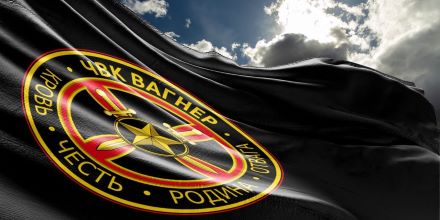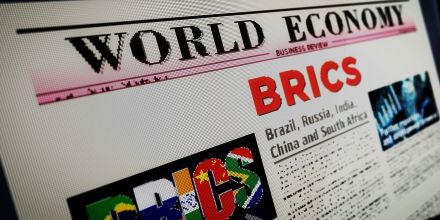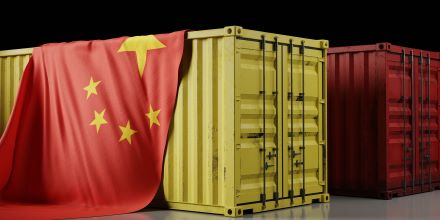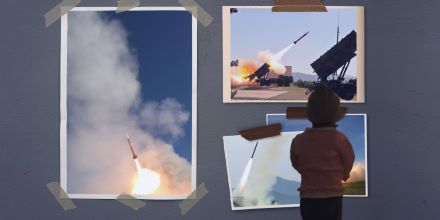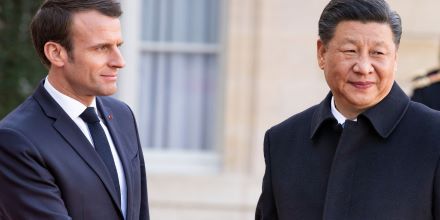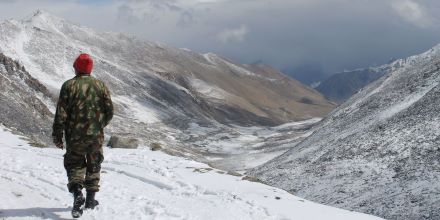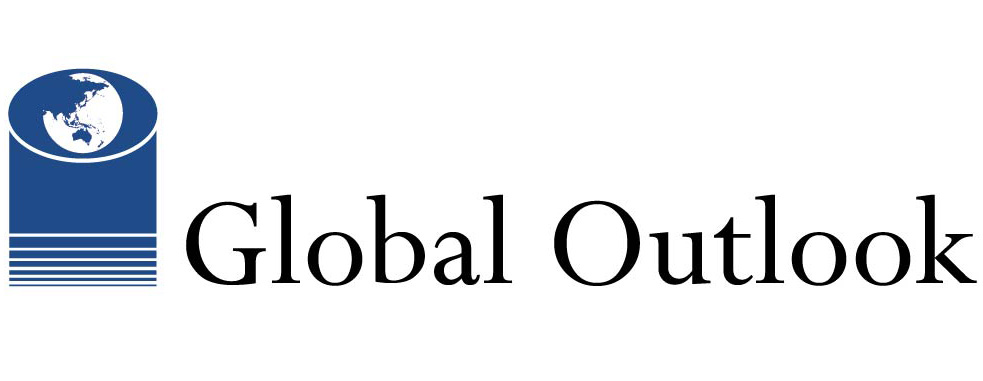
Curated expert opinion on intractable contemporary issues
Global Outlook Articles by Herbert Wulf
Herbert Wulf is a Professor of International Relations and former Director of the Bonn International Center for Conversion (BICC). He is presently a Senior Fellow at BICC, an Adjunct Senior Researcher at the Institute for Development and Peace, University of Duisburg/Essen, Germany, and a Research Affiliate at the National Centre for Peace and Conflict Studies, University of Otago, New Zealand. He serves on the Scientific Councils of SIPRI and the Centre for Conflict Studies of the University of Marburg, Germany.
Their Business is Military Force: The Wagner Festival is Cancelled
By Herbert Wulf | 28 June, 2023
In less than 24 hours, the march on Moscow of the Wagner troops led by Yevgeny Prigozhin, the head of this military company, was over. It remains to be seen whether this attack has permanently weakened Vladimir Putin's authority and power.
Additional BRICS for an Expansion of the House
By Herbert Wulf | 18 June, 2023
How to deal with China? The Western industrialised countries have been trying for some time to find a convincing China strategy. The seven major economic powers that make up the G7 agree that it is not a matter of de-coupling economically from China, but of avoiding risks and reducing dependencies. This strategy is now referred to by the catchy Anglo-Saxon term "de-risking".
De-Risking, Not De-Coupling: Is It More Than A Smart Shift In Terminology?
By Herbert Wulf | 26 May, 2023
How to deal with China? The Western industrialised countries have been trying for some time to find a convincing China strategy. The seven major economic powers that make up the G7 agree that it is not a matter of de-coupling economically from China, but of avoiding risks and reducing dependencies. This strategy is now referred to by the catchy Anglo-Saxon term "de-risking".
Nuclear Clouds Over the 38th Parallel
By Herbert Wulf | 11 May, 2023
North Korea has continued to advance its nuclear weapons program and has launched more than 100 missiles since the beginning of 2022, some with intercontinental range. In South Korea, this is causing unrest and fears of an attack from the North. The government and a large majority of the population are uncertain about the credibility of US protection. According to polls, more than 70 percent of South Koreans are in favour of their own nuclear armament.
China-Strategy: Transatlantic and European Cacophony
By Herbert Wulf | 23 April, 2023
The G7 summit of foreign ministers in Japan in mid-April sought to emphasise the need for a unified China policy. However, the diplomatic pronouncements can only gloss over the internal contradictions, but not eliminate them.
Military Skirmishes in the Himalayas
By Herbert Wulf | 21 March, 2023
In the shadow of two major geopolitical crises, the competition between China and the USA in the Pacific and the Ukraine war in Europe, a showdown between India and China is taking place in the Himalayas. The two most populous countries in the world have not been able to agree on a common border in the Himalayas for more than six decades. There are often dangerous military skirmishes, with the risk that the conflict will spiral out of control.
The views and opinions expressed in Global Outlook are those of the authors and do not necessarily reflect the official policy or position of Toda Peace Institute.
